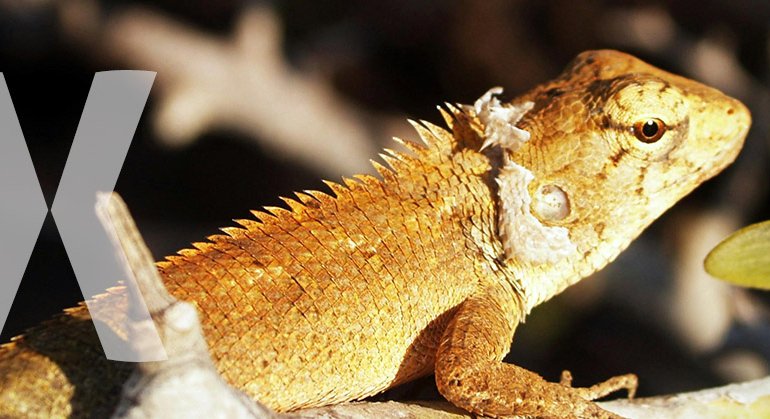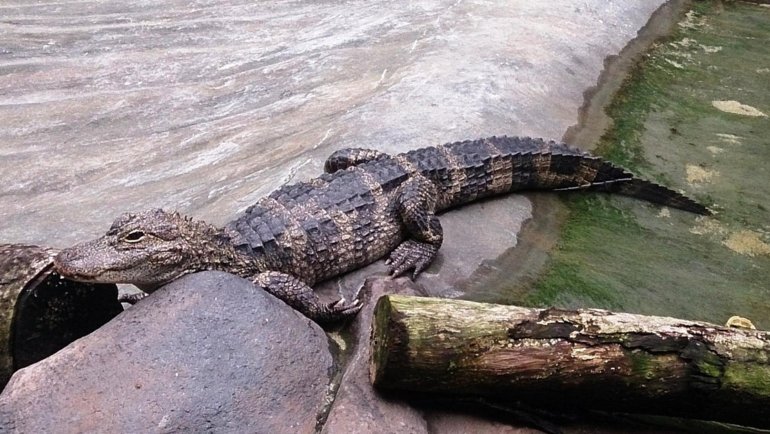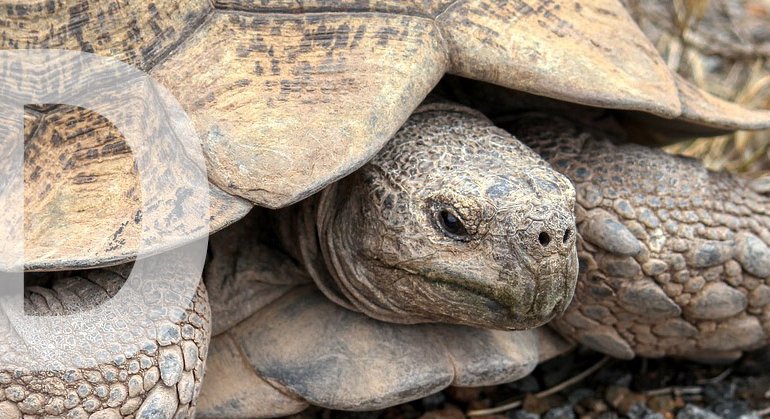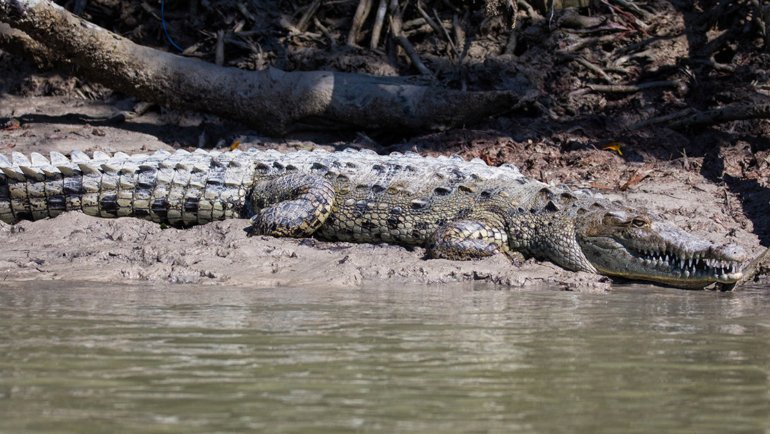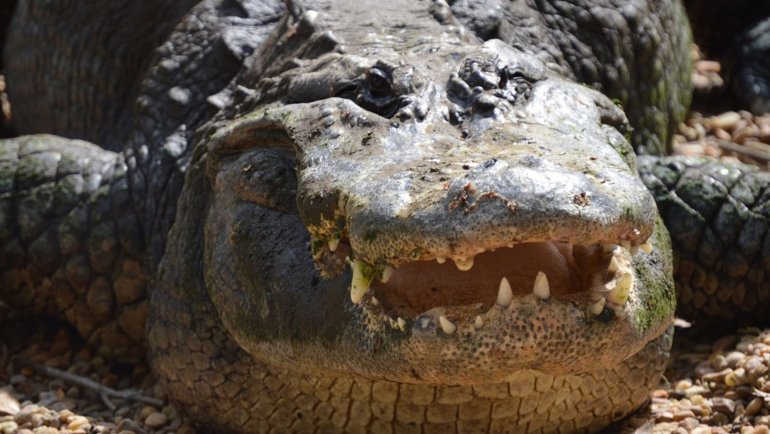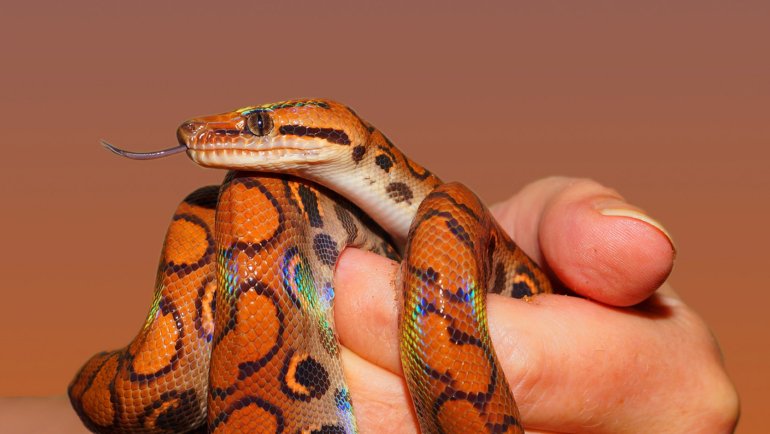Iguanas are one of the few reptiles that are fully herbivorous and, as such, do not predate on smaller animals. They do not have prey and live solely on plants and vegetation.
However, this courtesy is not reciprocated, as several animals do eat iguanas. These predators are often bigger than iguanas and will hunt them from the baby stage to adulthood.
The 11 Predators of Iguanas
Iguanas have several predators that eat them when young or fully grown. These predators will be discussed in this section.
Feral Pigs
Feral pigs eat iguana eggs and small babies. They also attack juvenile iguanas whose tails are not yet strong enough to fend off predators. Adult iguanas are more difficult to kill and can strike feral pigs with their tail.
Fish
Huge fish like Tiger sharks, bass, and pikes all eat small iguanas. Some iguanas can live in freshwater and saltwater, making them prey to huge fish predators in both types of water. Also, Tiger sharks regularly kill and eat adult iguanas.
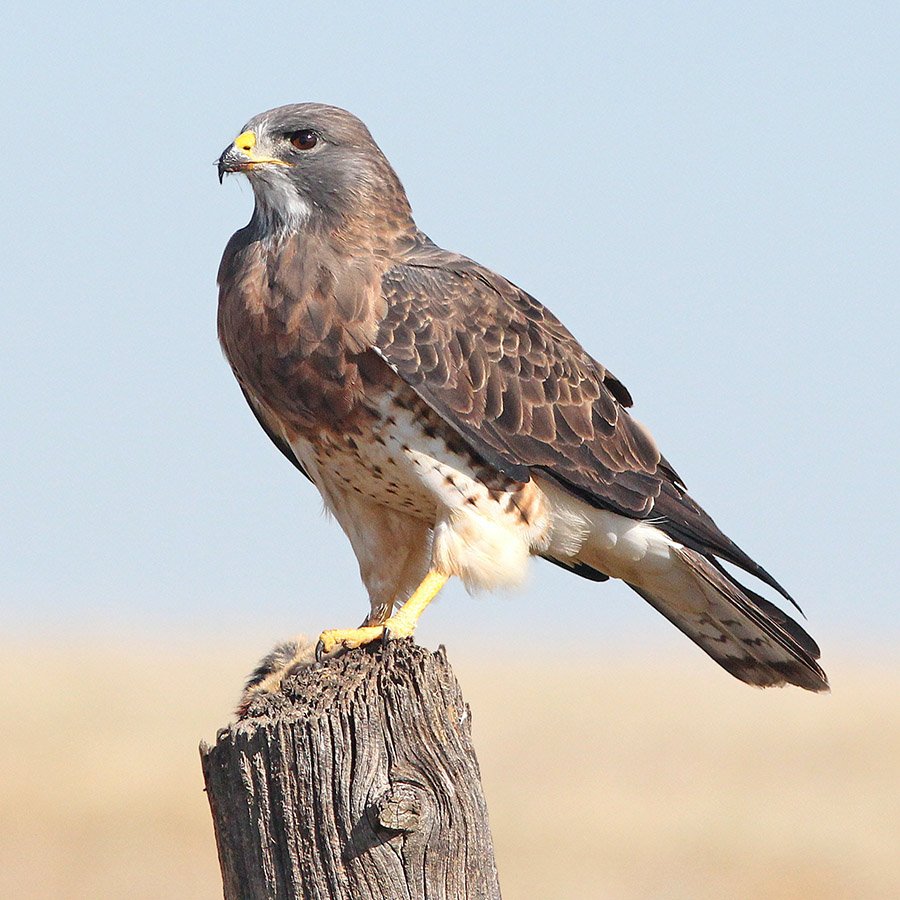
Hawks
Hawks eat iguanas, especially when small, and are yet to develop environmental awareness. Young iguanas are often oblivious to an attacking hawk and get pounced upon quite easily. The Galapagos hawk is notoriously known for hunting iguanas.
Dogs
Dogs are elite iguana predators. They can chase and catch up with iguanas before they escape into the water. Dogs kill and eat iguanas occasionally, showing their carnivorous side. Most dog owners often try to discourage dogs from eating iguanas because they risk getting poisoned.
Cats
Feral cats that have lost their domestication or have never been domesticated usually prey on iguanas, hunting and killing them for food. Their stealth and speed are too much for an iguana, making the latter easy prey.
Owls
Owls eat iguanas and mainly focus on the smaller ones. Unlike most birds of prey that target prey from the air, owls prefer to perch in low branches to attack and kill prey.
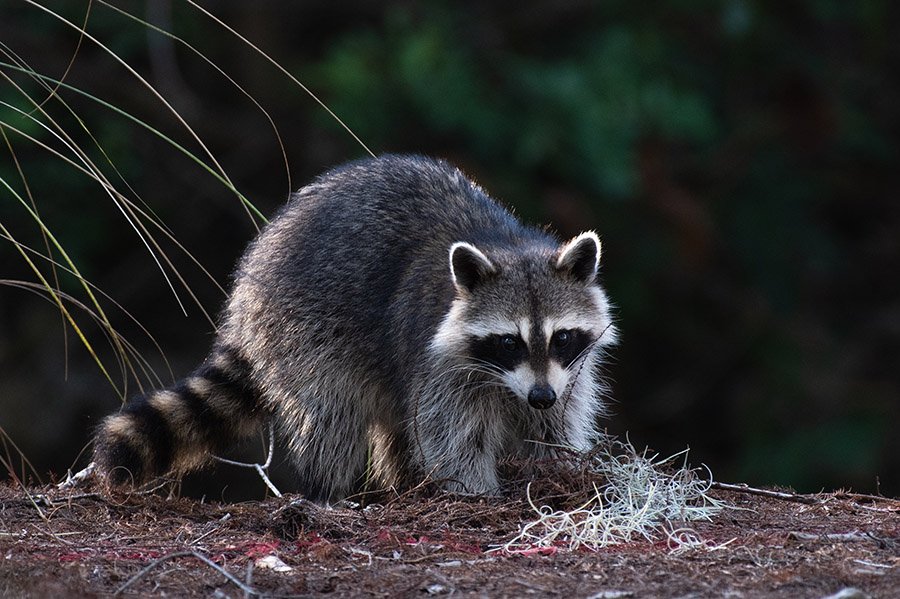
Raccoons
Raccoons target iguanas in South Florida for food. They play a major role alongside other wild predators in keeping the expanding iguana population in check. They can outrun iguanas, which makes them natural predators of the reptile.
Vultures
Vultures mostly eat iguana corpses. As scavengers that do not like to kill the food they eat, they usually perch around for iguana remains after the main predator has had their fill. They, however, look for iguana eggs and eat them as food.
Snakes
Snakes eat iguanas quite frequently because they share habitats with desert, green and marine iguanas. Venomous snakes in the desert bite and eat iguanas, while bigger snakes like boas and pythons swallow iguanas whole. Snakes actively hunt iguanas.
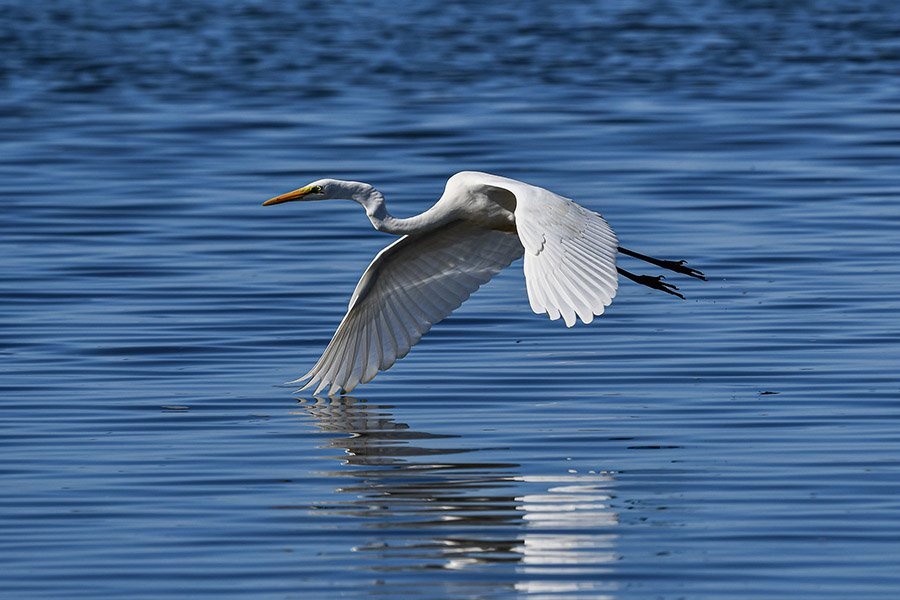
Egrets
Egrets do not try to fight iguanas but will hunt and eat their eggs when the opportunity presents itself. They cannot subdue adult iguanas and will never try to fight a juvenile for long.
Humans
Humans are one of the major predators of iguanas. We eat the reptile as meat. The highest demand for iguana meat is from South America, Central America and Mexico.
Also read: Are Iguanas Dangerous and Do They Bite Humans?
Marine Iguana Predators
Marine iguanas have several predators that hunt and seek to eat them. The major predators of marine iguanas are:
- Hawks
- Owls
- Snakes
- Crabs
- Rats
- Cats
These predators mostly eat iguana eggs and young babies. They find it difficult to kill adult iguanas.
Frequently Asked Questions
Do Iguanas Play Dead?
Iguanas play dead and do so quite regularly to avoid perceived predators. Playing dead is an instinctive behavior that iguanas employ to avoid being mauled by predators. It sometimes works and may backfire at other times. Iguanas mostly play dead when on water.
If you have an iguana pet, it is important to be able to tell if it is playing dead or if it really has a medical condition. Iguana could spend anywhere from 5 to 20 minutes pretending to be dead.
If your iguana has its eye closed for up to an hour with its belly facing upward, it is probably ill and not playing dead.
Do Raccoons Eat Iguanas?
Raccoons only occasionally eat iguanas. They are not the typical Iguana predator and will rather find their preferred food. Raccoons will only hunt iguanas if they are very hungry and the iguana is small enough. Adult Iguanas will put on a fight and frustrate raccoons, so the latter typically avoid them.
Do People Eat Iguanas?
Many people eat iguanas, with South America, Central America, and Mexico being one of the major consumers globally.
Iguanas are local meat used for traditional delicacies in these regions. Iguanas are the main addition to popular food like Burritos, Tacos, Stews, Soups, gumbo, and curries.
Iguanas are cherished globally for their high protein and low fat. They are healthy meat and great for people looking to lose weight.
What Eats Iguanas in Florida?
A number of predators eat iguanas in Florida, especially in the Southern area. Snakes, Raccoons, hawks, egrets, owls, cats, and herons are all predators that target iguanas as babies. The number of predators that eat iguanas decreases when they become bigger and stronger.
Do Alligators Eat Iguanas?
Alligators eat iguanas only on rare occasions. Alligators and iguanas rarely ever have an encounter, which makes it difficult for alligators to prey on iguanas. If an iguana walks past an alligator on a rare occasion, the alligator will either chase it or ambush it.
What Are Iguanas Afraid of?
Iguanas are scared of predators. They avoid feral pigs, fish, hawks, dogs, cats, owls, raccoons, vultures, snakes, and egrets. They also fear humans and will avoid us as much as they can. Wild iguanas see humans as major predators that kill them.
Iguanas are afraid of sprayed water and will take off whenever they see or hear water pumping from a hose. They are also scared of bright lights and will be startled when one suddenly comes on.
What Animals Eat Iguanas?
Several animals eat iguanas, including feral pigs, fish, hawks, feral pigs, dogs, cats, owls, raccoons, vultures, snakes, hawks, and egrets. Most of these animals eat iguanas when they are babies or growing juveniles. Few animals can eat them when they have grown past 2 feet.

